Scoliosis
What is Scoliosis?
Scoliosis refers to the curvature of the spine in an “S” or “C” shape. Scoliosis can occur at the thoracic or lumbar spine, or at the same time.
Symptoms of most patients with scoliosis include long and short legs, high and low shoulders, a protruding shoulder blade on one side, and pelvic inequality.
According to research, scoliosis affects up to 3% of the entire population. Based on this proportion, it is estimated that there are nearly 210,000 patients in Hong Kong.

Are there Degrees of Severity of Scoliosis?
Yes, doctors generally measure the scoliosis angle (Cobb’s Angle) from X-rays to classify the patient’s severity.
| Cobb's Angle | Severity | Approach |
| Less than 20 Degrees | Mild |
Complete development: no treatment required Pre-developmental Persons: Observation |
| 20 Degrees-45 Degrees | Moderate |
Complete development: no treatment required Pre-pubescent: Wearing a scoliosis brace |
| Greater Than 45 Degrees | Serious | Surgical Considerations |

Simple Self-Check
Adam’s forward bend test
Stand with your feet shoulder-width apart, stand straight, bend your body forward at 60-90 degrees, straighten your hands down and relax. Check if there is any asymmetry in the shoulders, scapula (back), and waist. If it is obvious that one side of your back is particularly high or skewed, it is recommended that you seek immediate examination from a doctor or relevant professional (such as a prosthetist or orthotist).
Symptoms
The spine is
significantly curved
high and low
shoulders
The ribs on one side
are more protruding
One shoulder blade
protrudes
Waist tilt
Female breasts are not asymmetrical or have differences in size.
Head tilted left
and right
The whole body tilts
to one side
In severe cases, it can compress the heart and lungs, affecting the function of these organs.
How can we help you?
The research and development system of our Science Park-funded project uses the system to replace manual mold taking. The resulting impressions can be more objective and more effective in treating patients, and the impression-taking process can be more comfortable and time-saving than traditional methods.




